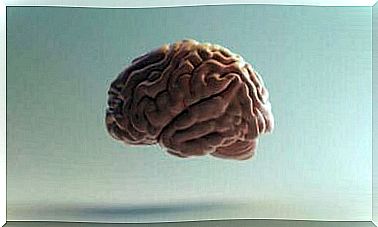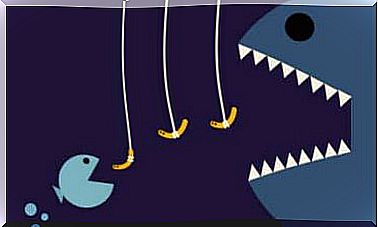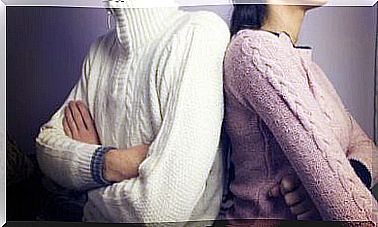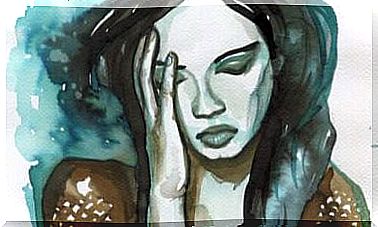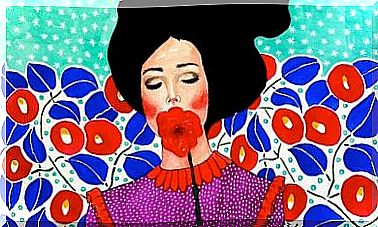Secrets Of The Pupils
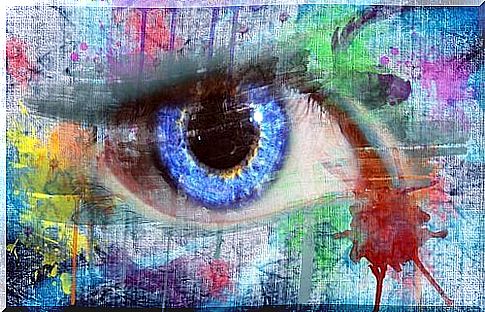
You have certainly heard or pronounced this phrase: “The eyes are the mirror of the soul” . When we want to know if someone is telling us the truth or not, we ask them to look us in the eyes.
So, is this a popular belief, or do wards really hold all of these secrets?
“I feel something in you, something ambiguous that pushes me to insist… when I look you in the eyes and I see your pupils, that’s when I know that God still exists”
-Extract from “In your pupils” by Shakira-
In order to reveal this mystery, we will be relying on various surveys. Science has proven that pupils have the ability to send signals to others, showing them that often what we can see in our eyes cannot always be said in words.
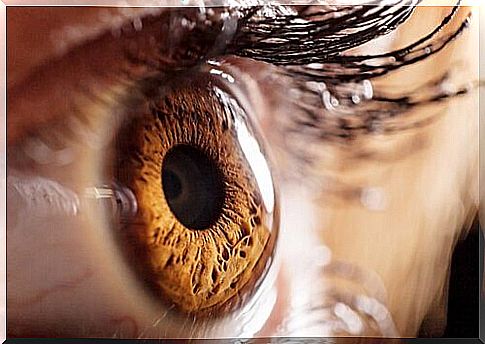
What can pupils transmit?
Looking in someone’s eyes, you can discover a lot of things:
– If you think of something complicated : psychologists at the University of Chicago did a test which determined that the more difficult a problem is to solve, the more the pupils dilate.
Indeed, when we have to solve a problem, we want to absorb as much information as possible in order to find the solution.
– If your brain is saturated : a study, conducted at the University of California, has shown that pupil size is linked to our cognitive capacity limit.
When we are saturated with work or information, it is all the more difficult for us to concentrate and see clearly. The pupils therefore shrink considerably when the mind shows the need for rest.
– If something interests you: recently, in California, researchers gathered a group of people together, and read them an erotic book, a story on mutilation, and a few lines with “neutral” content, not highlighting any emotion. specifically.
The pupils of the participants in this study dilated during the erotic and violent readings, then they returned to “their normal size” during the third story. Therefore, when we show interest in something, our pupils dilate.
– If you feel disgust: psychologists from the University of Chicago have investigated the subject. They presented the participants of this investigation with photographs presenting images as well as different events, while a camera recorded the activity of their eyes.
When they looked at the violent photographs, showing injured children or dead animals, something very interesting was happening.
If initially the pupils dilated, after a few seconds they narrowed again, as if to signify a refusal to continue to see such images.
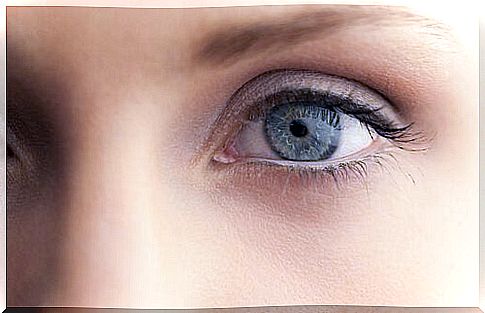
– If you feel pain: at the University of Washington, a group of volunteers received electric shocks on their fingertips. The goal was to observe what this could have as consequences at the level of the pupils, and the result was unanimous.
When we are in pain, our pupils dilate. It is a response from our nervous system, causing us to flee from danger. In these moments, our visual acuity improves to 100%, as our body prepares to flee.
– If you have well-established political preferences: researchers at the University of Louisiana have conducted some truly amazing studies on the subject.
Indeed, they brought together people with different political leanings. They presented them with photographs of liberal and conservative politicians (both American political parties).
In the course of this study, the researchers observed that when participants looked at the photograph of a person sharing their political views, their pupils dilated, and that the opposite happened when they saw the photographs of politicians from the opposite party. .
What about the iris in all of this?
The colored part in our eyes is called the iris. Like the pupils, it says a lot about us and our personality.
If the “waves” go from the inside to the outside (in other words, if they leave the pupil to go towards the edge of the iris), then we are dealing with someone sensitive, honest. , friendly and positive. On the other hand, the opposite indicates a nervous and impulsive character.
Most of the time, we do not notice these eye changes that take place in the pupils of our interlocutors, because for that, it would be necessary to be very close to their face, which could lead to an alteration of their reactions, or more precisely , dilation of their pupils.



